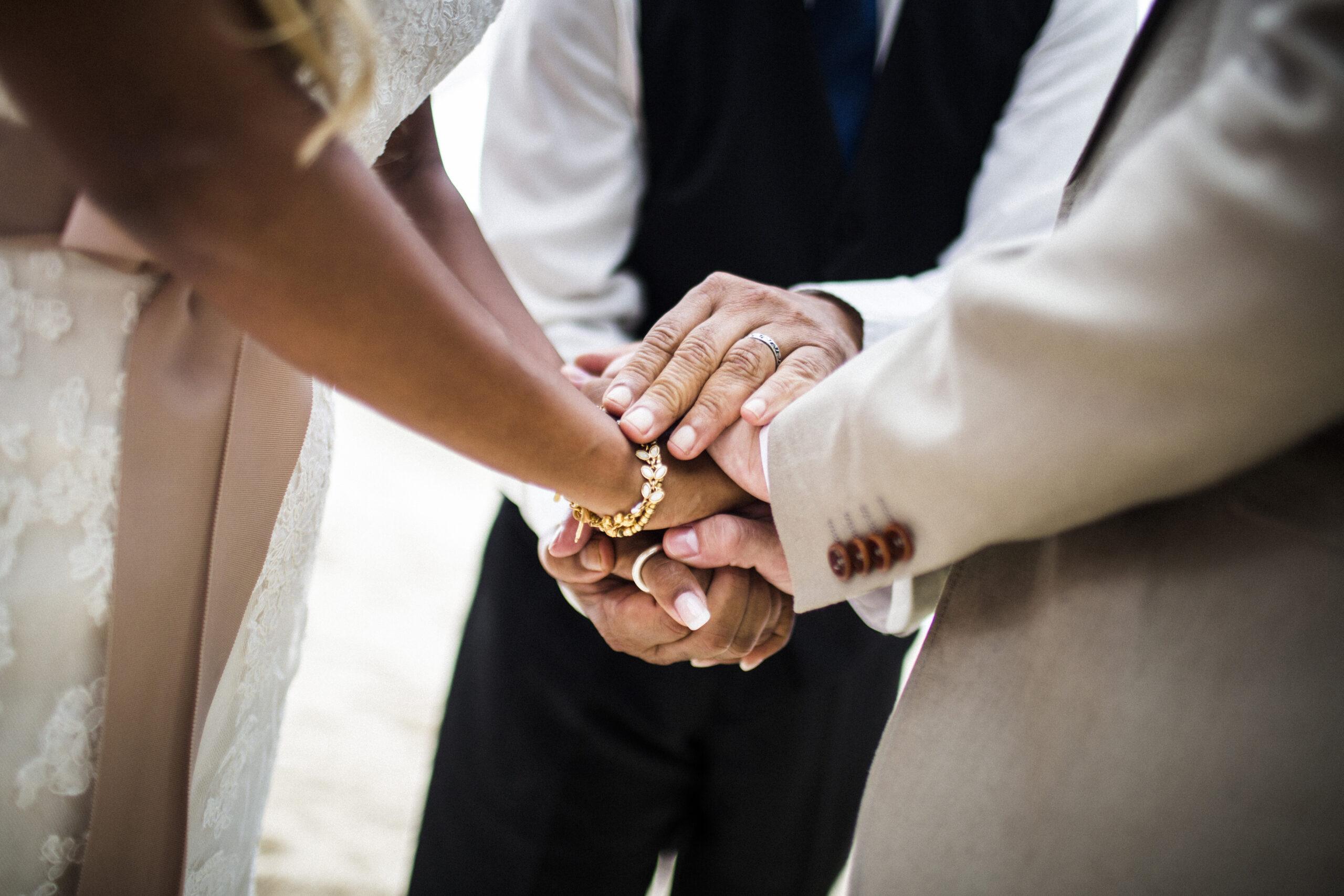Starting today, the UAE enforces significant updates to its Federal Personal Status Law, introducing new regulations that address a wide range of family-related matters, many of which are being formally legislated for the first time.
As first reported by Khaleej Times, the updated law reflects a move towards greater flexibility, simplified legal procedures, and standardized legal interpretations and timeframes. Key changes cover areas such as marriage rights, custody, engagement rules, and penalties for parental violations.
Marriage, Consent and Age
One of the law’s standout provisions is the right of women to choose their own partners, even if their guardians object. This applies particularly to Muslim non-citizen women, whose own nationality laws do not require guardian consent for marriage.
The minimum legal age for marriage remains 18, but individuals facing guardian opposition can now seek approval through a court. Interestingly, minors are also given the right to manage marriage-related matters without requiring a guardian or custodian under certain circumstances.
If there’s an age gap of more than 30 years between the couple, court approval becomes necessary before the marriage can proceed.
Engagement Rules and Gift Returns
The law clearly defines engagement as a proposal and promise of marriage, without granting it legal marriage status. If an engagement is broken off, gifts valued above Dh25,000 may be reclaimed—either as-is or at their given value—provided they were clearly intended as conditional upon marriage.
Marital Home and Living Arrangements
Under the new guidelines, spouses may reside with extended family in the marital home—but only under conditions that ensure no harm is caused to the wife or husband. The law permits the husband to live with his parents or children from another marriage if he is financially responsible for them, while the wife may also live with her children from a previous marriage under specific conditions.
Where both partners co-own or co-rent the home, they must mutually agree before allowing anyone else to move in.
Custody and Parental Rights
The updated law introduces more inclusive custody provisions, raising the age limit for custody to 18 years for both boys and girls, aligning rights across genders. Children aged 15 and above now have the right to choose which parent they wish to live with.
Importantly, the custodial mother will have educational decision-making authority, while both parents must act in the child’s best interests. The law emphasizes that employment or leaving the home does not violate marital obligations.
Regarding legal documents such as passports and IDs, those aged 18 and above have full rights to retain them, unless a judge decides otherwise. Until then, custodians hold the documents under strict guidelines, preventing misuse or unauthorized travel.
Strict Penalties for Violations
The law introduces severe penalties, including fines ranging from Dh5,000 to Dh100,000 or imprisonment, for violations such as misusing a minor’s assets, unauthorized travel with children, or neglecting parental duties.
Gregorian Calendar Standardization
All durations and deadlines outlined in the law will now be calculated based on the Gregorian calendar, unless an exception is explicitly mentioned.
These reforms are part of the UAE’s broader legal modernization efforts to align personal status laws with contemporary societal needs, ensuring greater fairness, flexibility, and clarity in family law proceedings.





